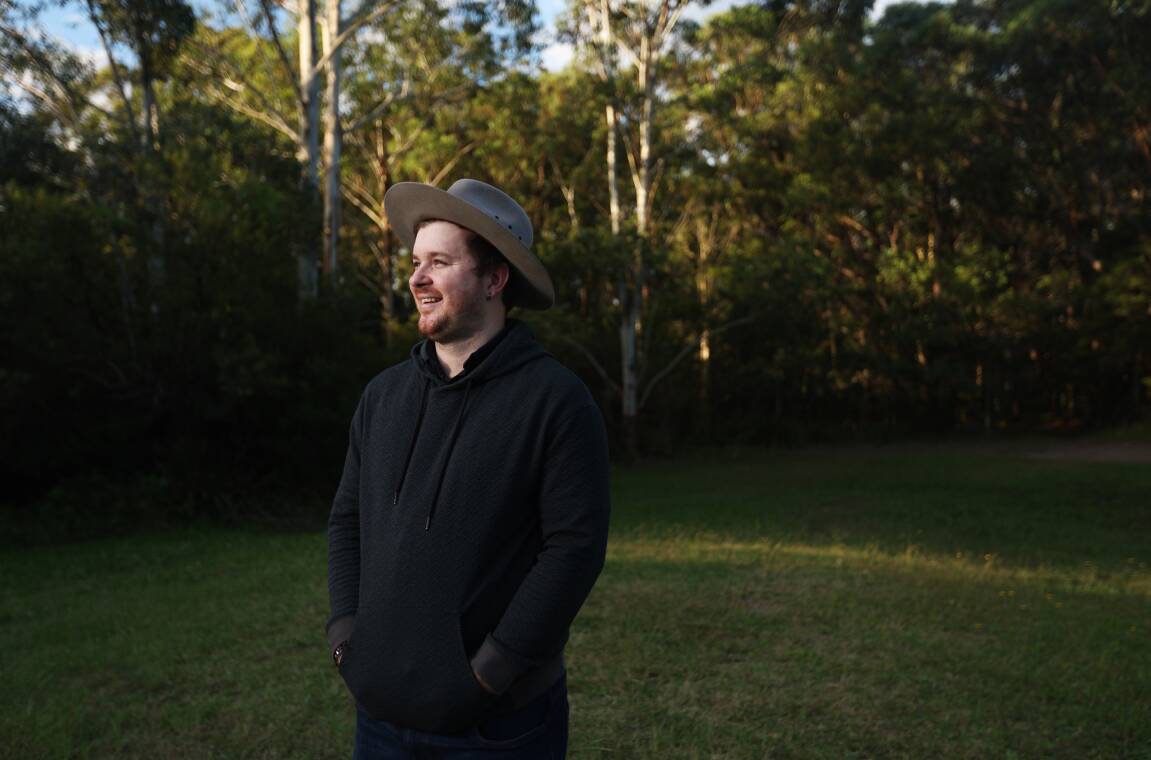
WITH just two per cent of males working in Early Childhood Education and Care (ECEC) there remains a degree of gender bias barriers in the industry.
But one Lake Macquarie dad is encouraging more men to pursue a career in the development of young children.
Brad Chapman, 28, works as an educator with Woodrising Natural Learning and hopes to be a role model in a career which is predicted to grow by 22 percent in 2026.
"I've noticed that there's a lack of males, and based on research it suggests that males have such an influential role to play in a child's healthy brain development," he said.
"And it's really important that we try and get as many males as possible to fulfill those roles across the sector."
Currently just five per cent of males are enrolled in a Diploma of Early Childhood Education and Care at Glendale TAFE.
Positively though, that's two per cent higher than the national average of men in the ECEC workforce.
At the University of Newcastle, the proportion of aspiring male educators is approximately one to two per cent of each cohort, associate professor I-Fang Lee says.
The program convenor for Bachelor of Education (Early Childhood and Primary) said the national average remains quite low and not all individuals will remain in the sector.
"Many will eventually transition to teaching positions in primary schools, as our program encompasses a birth-to-12-years-old teaching degree.

Consequently, the percentage of male educators in EC centres is significantly lower, she said.
"Addressing the gender bias in this workforce should be linked to challenging the low status quo of this profession."
"Those statistics show there's not a lot of men in the industry and with such a female dominated industry, it's hard to see those male role models coming through and supporting children," Mr Chapman said.
Professor Lee said society tends to see the ECEC sector as a gendered profession.
"Our cultural logic often equates caring for young children as mothers' duty and responsibility," she said.
"So, caring has been taken as a female's work, such as early childhood educators, early childhood teachers, primary school teachers and even nurses."
She said another significant factor is the sector's unattractive salary and low socioeconomic status.
"It has been a known problem that early childhood educators are not well-paid and not well-recognised for its professional status. When a profession is not recognised with decent pay/salary, how can we break the barriers of gender stereotypes?"
"When males are breadwinners for their families, becoming an early childhood educator with low pay would not be feasible as a future career choice."
Mr Chapman said while it might not be a financially rewarding career path, it was certainly a rewarding one.
"It is a very, very fun career path that is full of engagement and excitement, and one that if you have a passion for working with children, you want to pursue," he said.
Through working in the field he developed a passion for nature-based learning and has since created his own program Bushcraft Primitive.
"I was privileged to get my traineeship with Woodrising Natural Learning and fell in love with the nature aspect," he said.
"I've enhanced my skills to be able to develop my own bushcraft program which I'm now teaching to children."
Professor Lee said when a trusting relationship is established with young children the teacher-student and carer-being cared connection becomes instrumental in fostering their healthy development and learning.
"Such a profound level of connection with others is rare in many professions," she said.
She said the work of caring for the youngest citizens of the nation shouldn't be limited by gender.
"If we believe fathers play an important role in children's lives, then having more male early childhood educators and EC teachers will be a way to breakthrough centuries of gender bias for children," she said.






